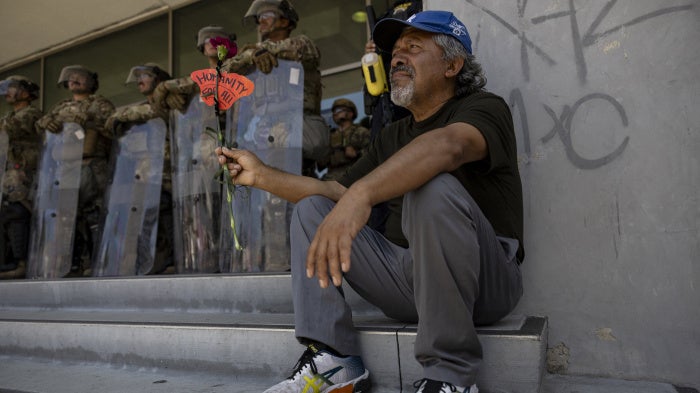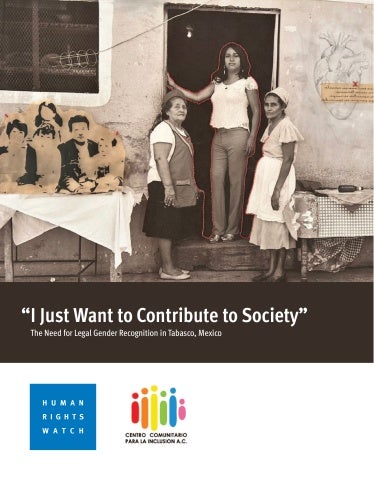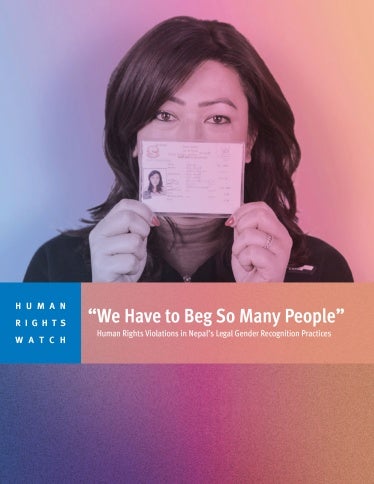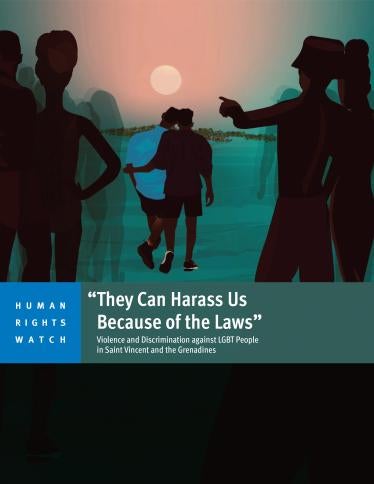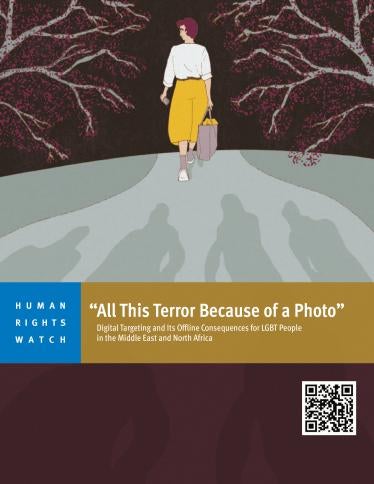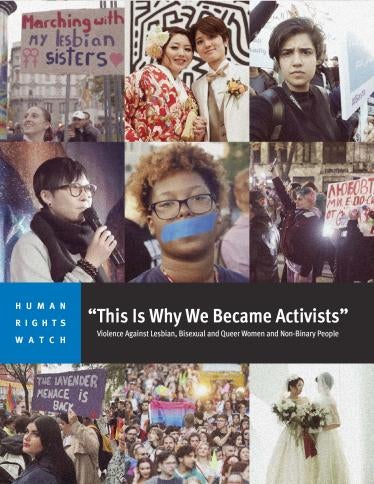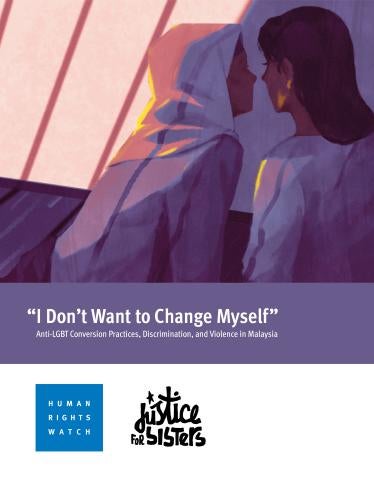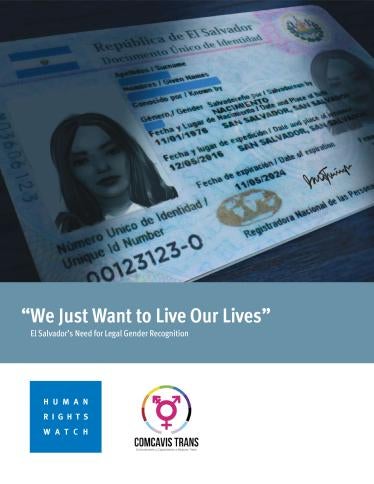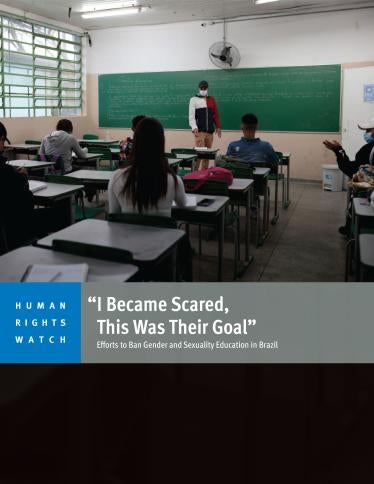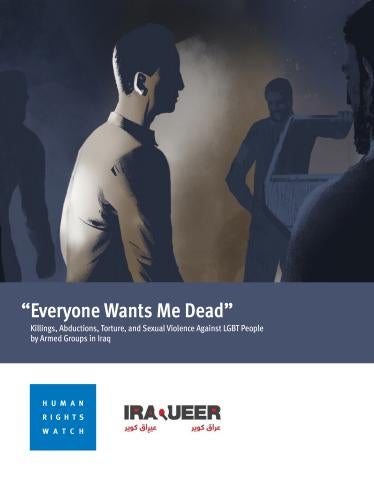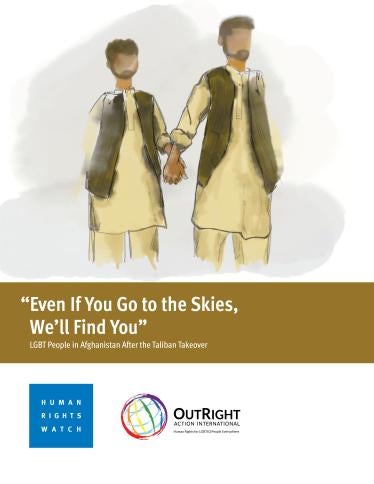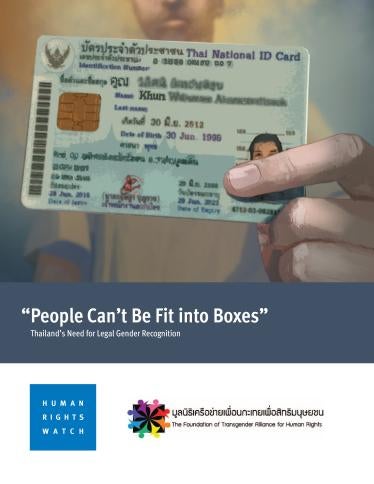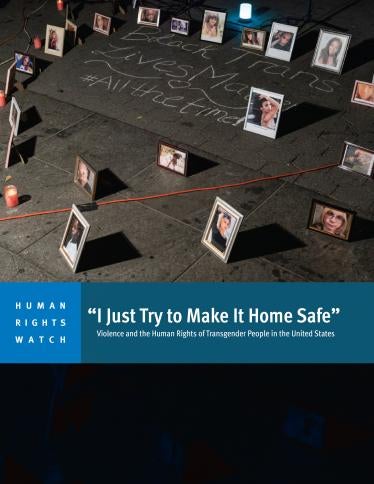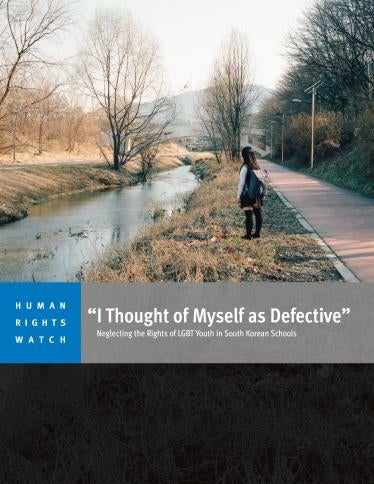“They’re Ruining People’s Lives”
Bans on Gender-Affirming Care for Transgender Youth in the US
The 98-page report, “‘They’re Ruining People’s Lives’: Bans on Gender-Affirming Care for Transgender Youth in the US,” documents the devastating consequences of these bans for transgender youth, including increased anxiety, depression, and, in seven reported instances, suicide attempts. Human Rights Watch found that these laws contribute to an increasingly hostile, anti-trans climate, compelling youth to hide their identities and socially withdraw. The bans also destabilize health care systems and undermine civil society and create geographic and financial challenges in accessing care. The impact has intensified since early 2025, when the administration of President Donald Trump took a series of executive actions escalating federal attacks on transgender rights.


